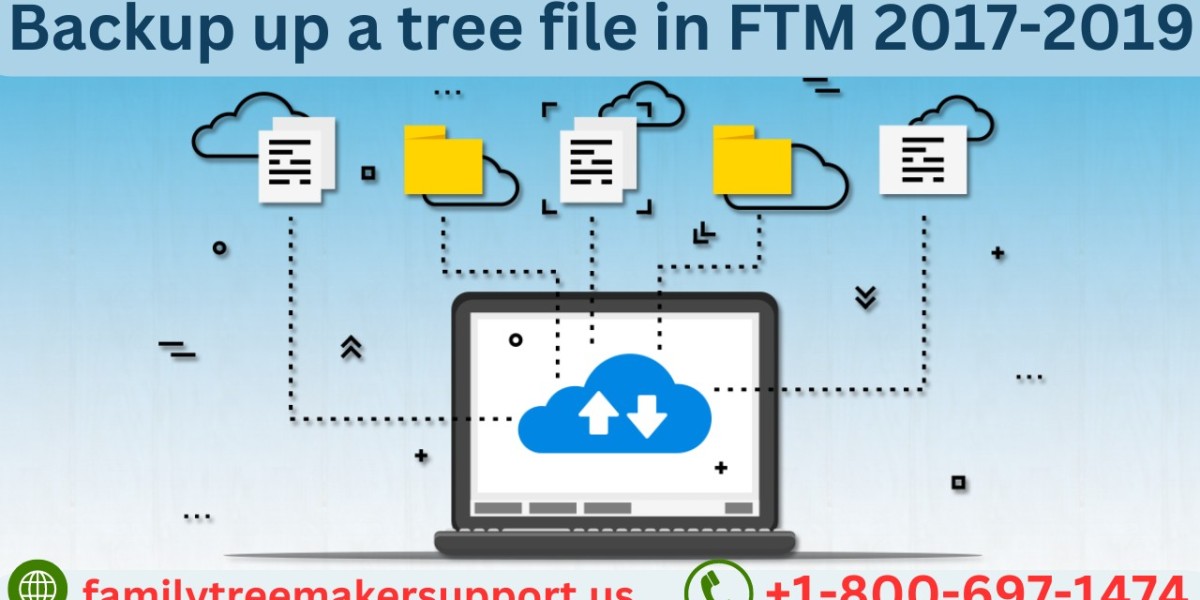In today's fast-paced work environment, maintaining mental health is more important than ever. Many companies recognize this and offer Employee Assistance Programs (EAP) as part of their benefits package. At the heart of these programs is the EAP therapist, a professional trained to help employees navigate personal and work-related challenges. If you're struggling with stress, anxiety, or other mental health concerns, understanding how an EAP therapist can support your mental health at work could be a vital step toward well-being.
What is an EAP Therapist?
An EAP therapist is a mental health professional who works within an Employee Assistance Program to provide confidential counseling and support services to employees. These services are designed to help individuals manage personal issues, such as stress, anxiety, grief, relationship problems, and even substance abuse, that may affect their work performance.
The goal of the EAP therapist is not only to support the individual’s mental health but also to help them maintain productivity and a positive work-life balance. Whether you’re dealing with personal challenges or work-related stress, an EAP therapist can offer strategies to help you manage these issues effectively.
The Role of an EAP Therapist in the Workplace
An EAP therapist plays a crucial role in maintaining a healthy work environment. They provide a range of services, including one-on-one counseling, group sessions, and workshops, all aimed at improving mental health and well-being. Here’s how they can support your mental health at work:
1. Confidential Counseling for Personal and Work-Related Issues
One of the primary roles of an EAP therapist is to provide confidential counseling to employees. Whether you’re dealing with personal problems, such as family conflicts or financial stress, or work-related challenges, like burnout or conflict with colleagues, an EAP therapist can offer a safe, non-judgmental space to discuss these concerns.
The therapist will work with you to explore the root causes of your issues and develop coping strategies to help you manage them. Since these sessions are confidential, you can feel comfortable discussing your thoughts and emotions openly.
2. Stress and Anxiety Management
Workplace stress and anxiety are common issues faced by many employees. Tight deadlines, demanding workloads, and balancing personal responsibilities can take a toll on mental health. An EAP therapist can help you identify the sources of your stress and provide techniques to manage it, such as mindfulness, time management, and relaxation exercises.
By addressing your stress early on, you can prevent burnout and improve your overall quality of life both in and outside of work.
3. Improving Work-Life Balance
In today’s work culture, many employees struggle to maintain a healthy work-life balance. Long hours, remote work, and constant connectivity can blur the lines between work and personal time. An EAP therapist can help you create boundaries, prioritize self-care, and develop strategies to achieve a healthier balance between your professional and personal life.
This improved balance not only enhances your mental health but also boosts productivity and job satisfaction.
4. Conflict Resolution
Workplace conflicts are inevitable, whether it’s with a colleague, supervisor, or within a team. Unresolved conflicts can create a toxic work environment, leading to stress, anxiety, and even absenteeism. An EAP therapist can assist in mediating workplace conflicts, offering guidance on communication skills, emotional regulation, and problem-solving.
By addressing conflicts constructively, employees can foster healthier relationships and a more collaborative work environment.
5. Support for Major Life Changes
Major life changes, such as divorce, the loss of a loved one, or health issues, can have a significant impact on your mental health and work performance. An EAP therapist can provide support during these difficult times, helping you process your emotions and develop coping mechanisms to manage the stress and challenges that come with these changes.
This support can be invaluable in maintaining your mental health and ensuring you continue to perform effectively at work.
The Benefits of Utilizing an EAP Therapist
Many employees hesitate to use their company’s EAP services because they’re unsure of how it works or feel hesitant about seeking therapy in a work-related context. However, there are several key benefits to utilizing an EAP therapist for mental health support:
1. Confidentiality
All sessions with an EAP therapist are confidential. This means that you can openly discuss your challenges without fear of it affecting your job or being shared with your employer. Confidentiality is a cornerstone of the EAP program, allowing you to seek help without concerns about workplace repercussions.
2. No-Cost Services
EAP services are typically provided at no cost to employees. This can make therapy and mental health support more accessible, especially for individuals who may otherwise struggle to afford private counseling services.
3. Early Intervention
By accessing an EAP therapist early, you can address mental health issues before they become overwhelming. Early intervention can prevent more serious conditions, such as severe anxiety, depression, or burnout, from developing and affecting your work and personal life.
4. Tailored Support
EAP therapists are trained to address a wide range of issues, from personal challenges to workplace stress. They can provide tailored support based on your unique situation, offering practical tools and strategies that fit your needs.
5. Workshops and Resources
In addition to individual counseling, many EAP programs offer workshops, webinars, and other resources on topics such as stress management, resilience, and mindfulness. These resources can help you develop skills to manage your mental health on a daily basis.
How to Make the Most of Your EAP Therapist Sessions
If you’re considering seeing an EAP therapist, here are a few tips to make the most of your sessions:
1. Be Open and Honest
To get the most out of your sessions, it’s important to be open and honest about your feelings and challenges. Remember, these conversations are confidential, and the more information you share, the better your therapist can help you.
2. Set Clear Goals
Before your first session, think about what you want to achieve. Whether it’s reducing stress, improving work-life balance, or resolving a workplace conflict, having clear goals can help guide your therapy sessions and ensure you get the support you need.
3. Practice Outside of Sessions
Your EAP therapist may suggest techniques such as mindfulness, relaxation exercises, or time management strategies. To see the best results, it’s important to practice these techniques outside of your sessions and integrate them into your daily routine.
4. Follow Up
If your initial sessions are helpful, consider scheduling follow-up appointments to continue working on your mental health goals. Many people find that ongoing support from an EAP therapist helps them maintain their progress and navigate new challenges as they arise.
An EAP therapist can play a pivotal role in supporting your mental health at work. Whether you’re struggling with stress, anxiety, conflict, or personal challenges, the confidential, no-cost services provided by EAP therapists are designed to help you navigate these issues and maintain your well-being. By taking advantage of these services, you can gain the tools and support you need to manage your mental health effectively, both in and out of the workplace.
If your employer offers an Employee Assistance Program, consider reaching out to an EAP therapist. It could be the first step toward improving your mental health, enhancing your work-life balance, and fostering a more positive and productive professional life.








